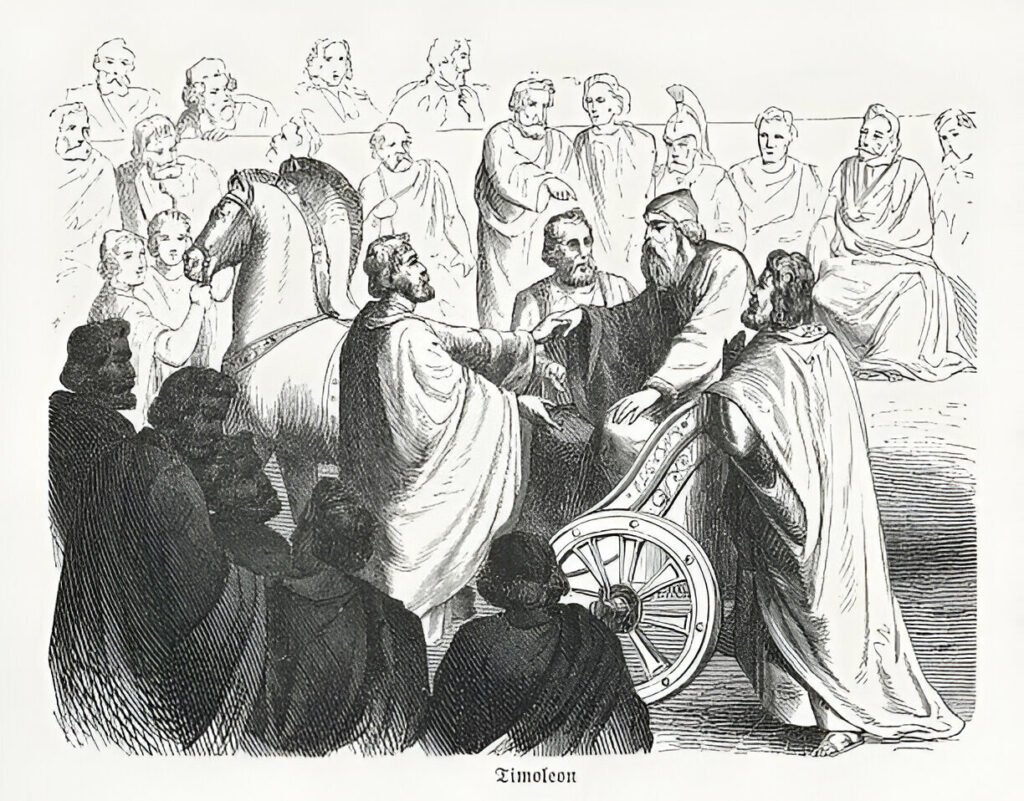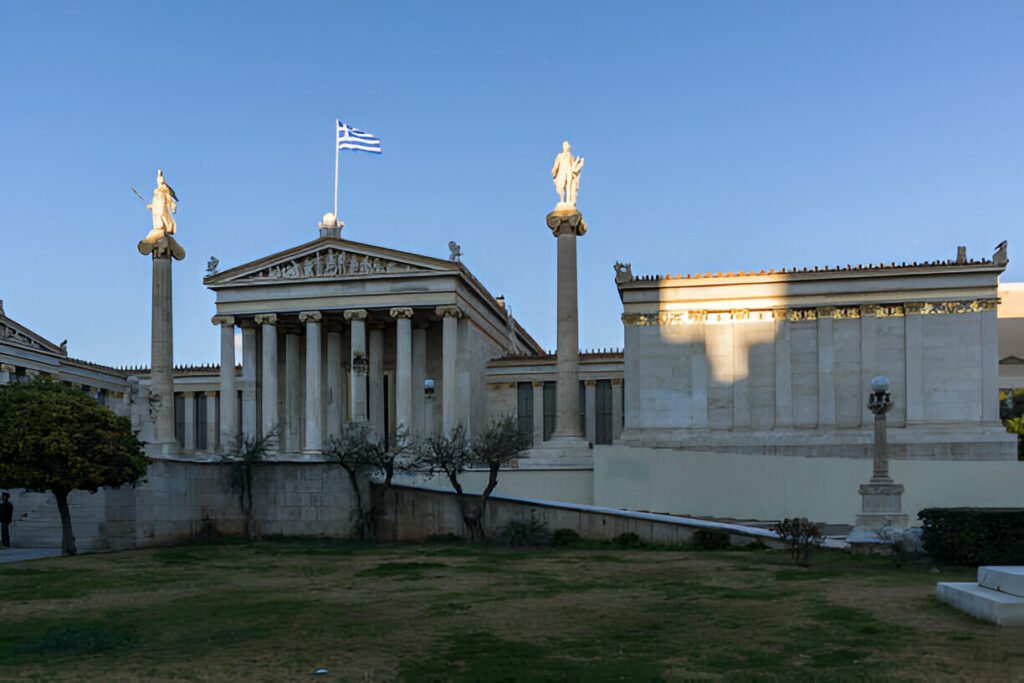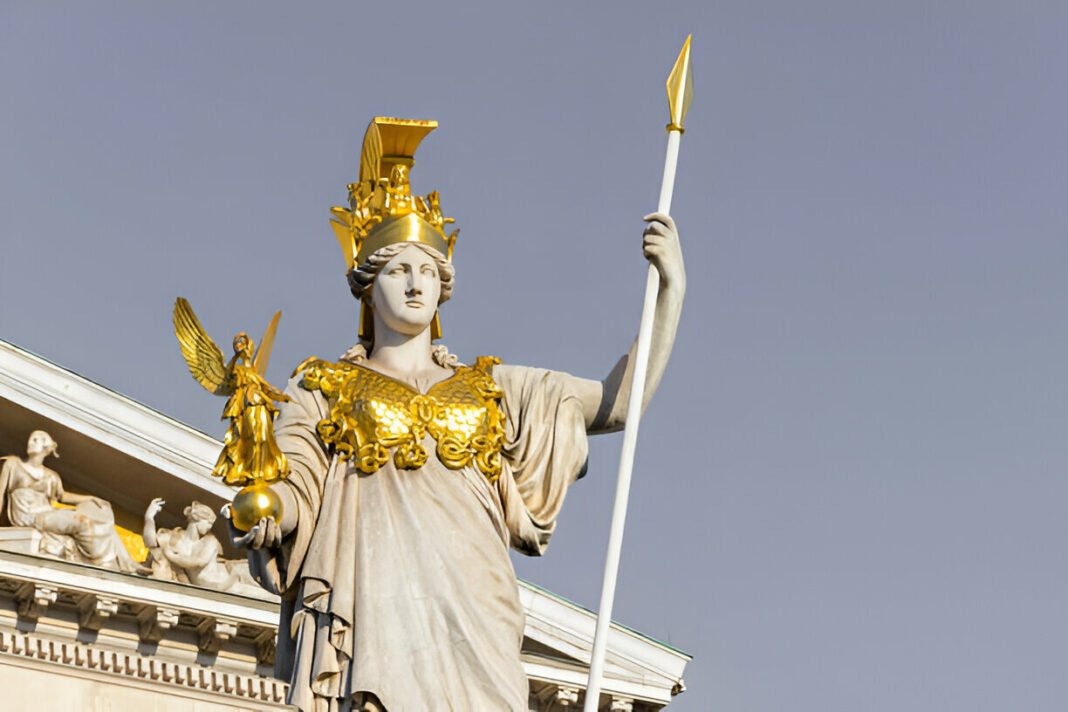The Legacy of Ancient Greek Democracy: From Athens to Modern Governance
When we talk about democracy, we often think of voting, freedom, and fairness. But where did this idea come from? The roots of democracy can be traced back to ancient Greece, specifically Athens. The Athenian democracy has left a lasting impact on political systems worldwide, shaping the way we think about governance today.
The Birth of Athenian Democracy
Around 508 BC, Athens, a powerful city-state in ancient Greece, introduced a new system of government called democracy, which means “rule by the people.” Before this, Athens was ruled by kings and aristocrats. However, growing unrest and demands for more say in government led to a major change.
How Athenian Democracy Worked
Athenian democracy was different from what we have today. It was a direct democracy, meaning citizens participated directly in decision-making. Only free adult men who were born in Athens could vote. Foreigners, women, and slaves were prohibited from taking part.
Citizens would gather in an assembly called the “Ekklesia,” where they debated and voted on laws and policies. They also selected officials through a lottery system, ensuring that all eligible citizens had a chance to hold public office. This system aimed to prevent corruption and give everyone a fair chance.

Key Features of Athenian Democracy
1. The Assembly (Ekklesia): This was the main gathering where citizens discussed and voted on important issues. Meetings were held regularly, and any eligible citizen could speak and vote.
2. The Council of 500 (Boule): This council prepared the agenda for the assembly and oversaw the execution of decisions. Each member was chosen at random and held office for a year.
3. The People’s Court (Heliaia): This court handled legal disputes and trials. Jurors were selected by lot, and citizens could bring cases before the court.
The Impact of Athenian Democracy
Athenian democracy was revolutionary. It showed that ordinary people could govern themselves and make decisions for the common good. This idea spread and influenced many other cultures and civilizations.
Influence on Modern Governance
The principles of Athenian democracy have shaped modern political systems in many ways. Let’s look at some key influences:
1. Voting Rights: The idea that citizens have the right to vote on laws and leaders comes from Athens. Today, most democracies extend this right to all adults, regardless of gender or social status.
2. Equality Before the Law: In Athens, all citizens were equal under the law. This concept is a cornerstone of modern democracies, where everyone is supposed to have the same legal rights and protections.
3. Participatory Governance: The Athenian practice of involving citizens in decision-making has inspired modern forms of participatory governance. Town hall meetings, referendums, and citizen assemblies are examples of this influence.

Challenges of Athenian Democracy
While Athenian democracy was groundbreaking, it had its flaws. Only a small portion of the population could participate, excluding women, slaves, and foreigners. Additionally, the system relied heavily on the active involvement of citizens, which could be difficult to maintain.
End of Athenian Democracy
Athenian democracy faced many challenges and eventually fell in 322 BC when Athens was conquered by Macedon. Despite its end, the ideas and principles of Athenian democracy lived on and continued to inspire future generations.
Legacy of Ancient Greek Democracy
The legacy of ancient Greek democracy is profound. It has influenced the development of democratic systems around the world, including the United States, France, and many other countries. The principles of citizen participation, equality, and rule of law remain central to modern democratic governance.
Modern Examples of Ancient Influence
Modern democracies reflect many principles of Athenian democracy. For example, the concept of a senate or council, as seen in the United States and other countries, mirrors the Council of 500. Additionally, the idea of jury duty in legal systems today is similar to the Athenian People’s Court.
Conclusion
The story of Athenian democracy is a testament to the power of ordinary people to shape their government. From the assembly halls of ancient Athens to modern parliaments and congresses, the principles of democracy continue to guide us. The legacy of ancient Greek democracy reminds us of the importance of participation, equality, and the rule of law in building fair and just societies.
FAQs
What is ancient Greek democracy?
Ancient Greek democracy, particularly in Athens, was a system of government where citizens participated directly in decision-making. It was the world’s first documented democracy.
How did Athenian democracy work?
Athenian democracy involved citizens gathering in an assembly to vote on laws and policies. Officials were chosen by lot, and a council and court system helped manage the government.
What impact did Athenian democracy have on modern governance?
Athenian democracy influenced modern governance by introducing concepts like voting rights, equality before the law, and participatory governance, which are fundamental to today’s democratic systems.
What were the key features of Athenian democracy?
Key features included the assembly (Ekklesia) for decision-making, the Council of 500 (Boule) for preparing agendas, and the People’s Court (Heliaia) for legal disputes.
Why is the legacy of ancient Greek democracy important?
The legacy of ancient Greek democracy is important because it laid the foundation for modern democratic principles, such as citizen participation, equality, and the rule of law, which continue to shape political systems worldwide.




